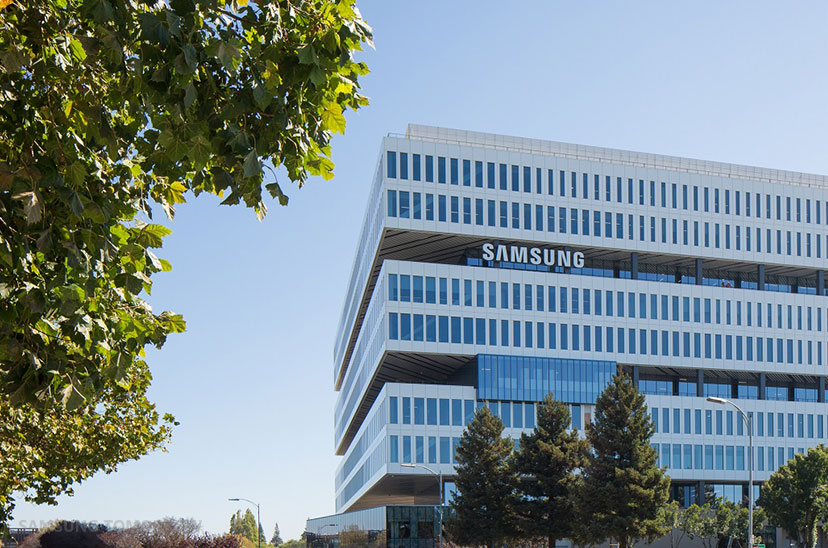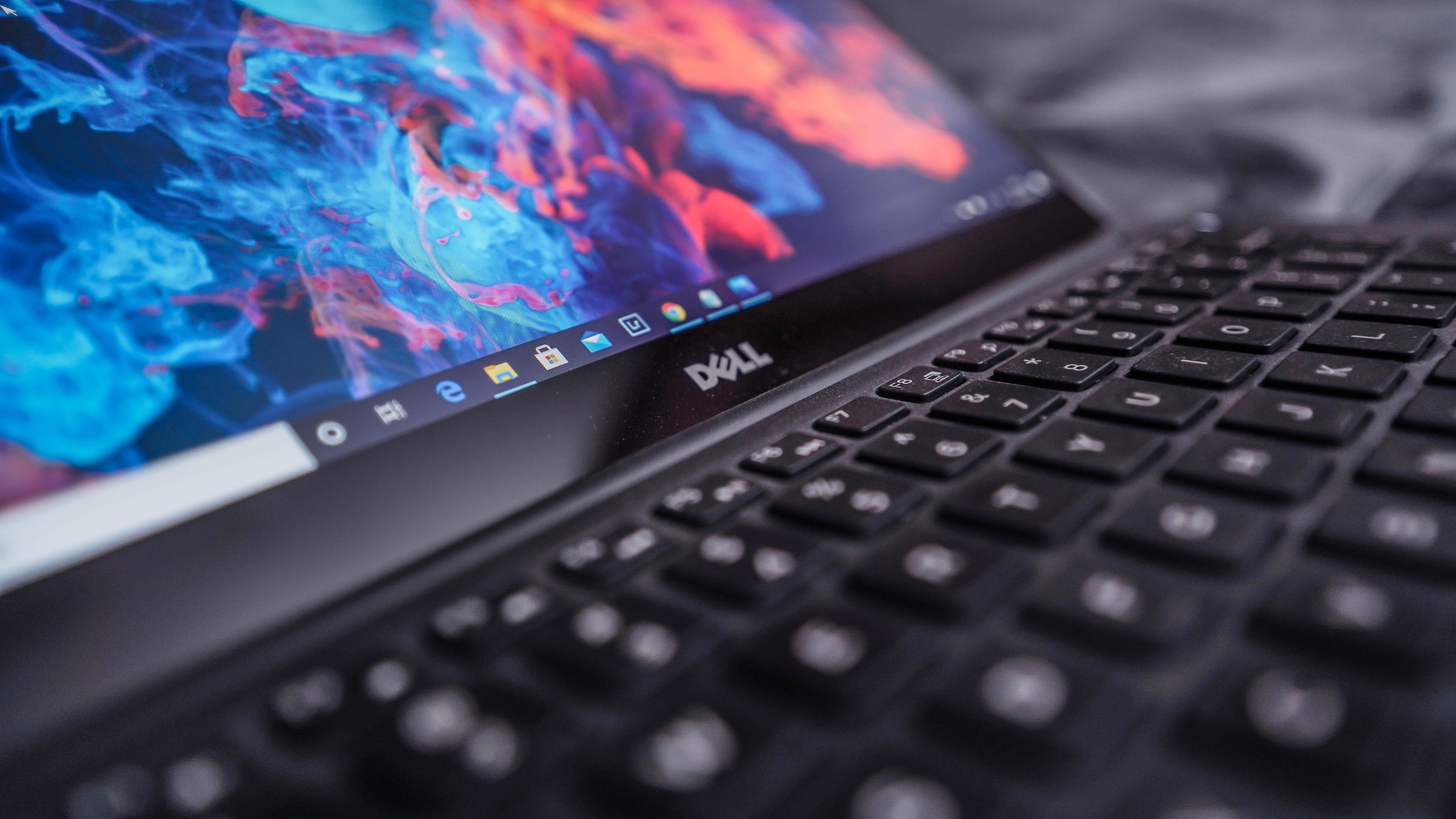Samsung Electronics is reporting a slowdown that could undermine its ambitions in the race for dominance in the AI boom. The company expects a 39 per cent drop in operating profit in Q2 2025, its lowest result in a year and a half. The projected 6.3 trillion won (about $4.6 billion) of operating profit lags far behind the expectations of the market, which is taking an increasingly close look at the giant’s ability to compete with more flexible rivals.
The focus is on the HBM (High Bandwidth Memory) chip segment, which is key to the development of AI data centres. While SK Hynix and Micron are already supplying advanced chips to Nvidia and other AI players, Samsung is still struggling to get certification for its HBM3E chips with a 12-layer architecture. The qualification process with Nvidia – the largest customer for this type of memory – is dragging on, limiting Samsung’s share of the exploding AI market.
Geopolitical tensions are also influencing the situation. Samsung’s sales in China, where it has a large production capacity, are constrained by US regulations on high-tech exports. Moreover, planned US tariffs on smartphones and the possible withdrawal of approvals for chipmakers in China only add to business uncertainty.
Paradoxically, it is not the chip division but smartphones that are currently the brighter point in the company’s performance. Ahead of possible US tariffs, analysts expect increased demand, which could translate into solid sales of mobile devices. Nevertheless, the mobile sector is unable to compensate for the shortcomings in the strategic semiconductor segment for AI.
Against its competitors, Samsung is performing poorly. The company’s shares are up 19% since the beginning of the year, while the KOSPI index has gained more than 27%. In the medium term, investors are expecting a technological breakthrough – or at least confirmation that Samsung is still capable of playing first fiddle in a market that is becoming increasingly technologically and politically demanding.












